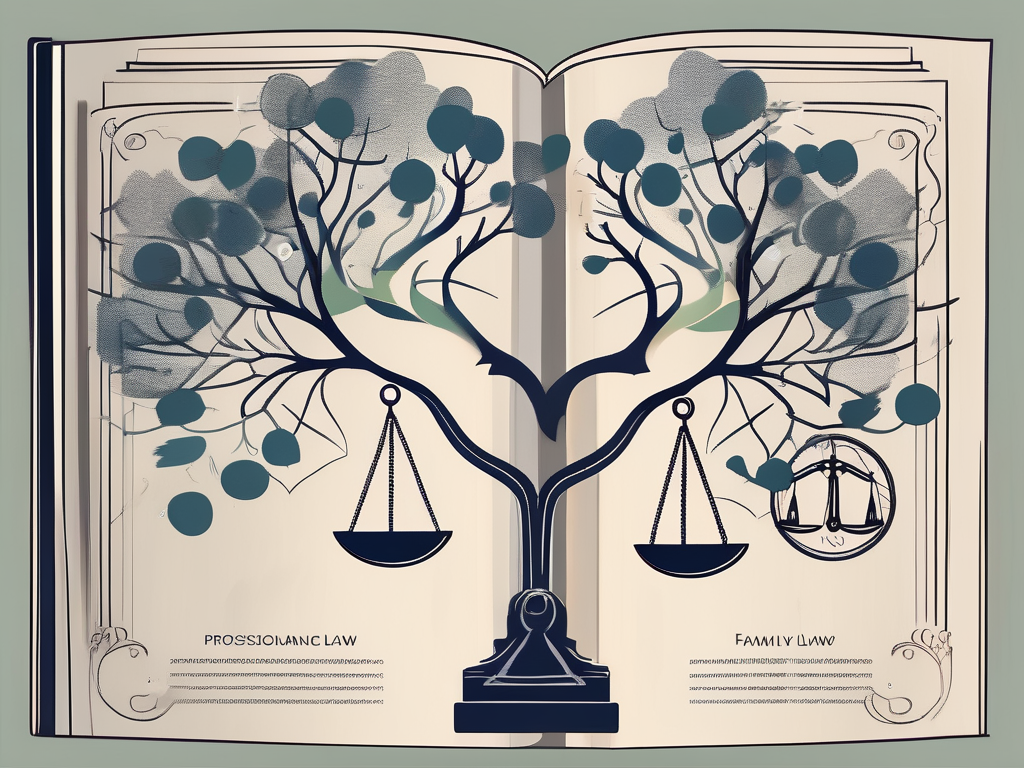Emotional divorce, often overlooked but a significant aspect of the divorce process, plays a crucial role in understanding the overall experience. Understanding what is emotional divorce is not just important; it’s empowering for your mental health and well-being, as it helps you navigate the emotional detachment essential for healing. This guide offers insights into the emotional aspects of divorce, equipping you with the knowledge to navigate them effectively.
The Emotional and Legal Divorce
Emotional separation is the process of becoming emotionally divorced from a spouse, a journey that may begin long before or after a legal divorce. While a legal divorce ends the marriage formally, being emotionally divorced signifies the end of emotional intimacy and connection, underscoring the profound impact of emotional separation. Emotional distance in marriage can be as painful and challenging as a formal divorce, making it crucial to manage the emotional disconnection with intention.
Telling Signs of Emotional Divorce
- Emotional Distance: You or your spouse may feel emotionally distant, spending more time apart and less communicating.
- Loss of Emotional Intimacy: Emotional distance often leads to a significant decrease in emotional intimacy and connection.
- Separate Lives: Living separate lives under one roof, marked by emotional disengagement and minimal interaction.
- Lack of Relationship Satisfaction: Emotional withdrawal can lead to a decline in relationship satisfaction and emotional fulfillment.
Coping with Emotional Divorce
- Seek Professional Help: Consulting a family therapist can provide support and guidance. According to Google Scholar, therapy can significantly improve mental health during a divorce.
- Focus on Mental Health: Prioritize activities that boost your mental health, such as exercise, meditation, and hobbies.
- Build a Support System: When facing emotional divorce, rely on family members and friends for emotional support to navigate this challenging transition.
- Create New Routines: Develop new routines and traditions to help you adjust to your new life.
Emotional and Legal Aspects
While the legal divorce process involves dividing assets and custody arrangements, the emotional divorce, characterized by emotional disconnection, consists of letting go of the emotional bonds. Both aspects are essential for moving on and rebuilding your life. The legal aspects deal with the practical and financial implications of the divorce, while the emotional aspects focus on the psychological and personal adjustments needed for a successful transition.
Dealing with a Toxic Marriage
If you are in a toxic marriage, the process of emotional separation is crucial. A toxic relationship may cause depression, anxiety, and a significant decline in mental health. Recognizing the telling signs and taking steps to protect your well-being is vital.
Rebuilding After Divorce
- Let Go of the Past: Focus on the future and let go of past grievances.
- Survive Divorce with Support: Utilize resources like therapy, support groups, and self-help books to survive divorce.
- Improve Marital Satisfaction: Reflect on what worked and didn’t in your marital relationship to improve future relationship satisfaction.
Common Questions about Emotional Divorce
- Can you be emotionally divorced but still legally married? Yes, emotional detachment from your spouse may take place even if you remain legally married.
- What are the top 10 ways to survive an emotional divorce? Seeking therapy, building a support system, focusing on self-care, creating new routines, and letting go of past emotional attachments are some ways to get through emotional separation.
- How can emotional divorce affect children? Emotional divorce can cause stress and anxiety in children whose parents are going through the process. It’s essential to provide support and reassurance to help them cope.
Final Thoughts
Emotional divorce is a complex process that involves emotional separation from a spouse. Emotional divorce can be as challenging as a legal one, demanding attention to mental health and well-being during this emotional detachment process. Recognizing the signs, seeking support, and focusing on rebuilding, you can navigate this difficult period and emerge stronger.
Start Your New Chapter with The Smart Divorce
Embarking on life after divorce can be challenging, especially during the holiday season. You don’t have to do it alone. The Smart Divorce offers specialized Divorce Coaching Services to support men, women, and couples through this significant life transition. Our certified coaches, Sarah Bates and Ken S. Maynard are here to guide you with their expertise as Certified Divorce Specialists and Certified Divorce Financial Analysts. Connect with us from your home via telephone or Zoom video calls.
Schedule a Free 15-minute Get Acquainted Call today and take the first step towards a brighter, more empowered future.


